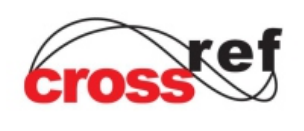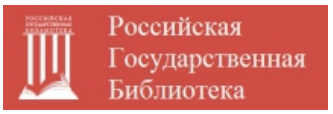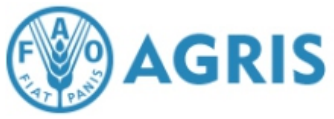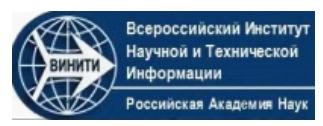Svelte frontend framework as an alternative to popular solutions in the context of creating decision support systems in organizational management considering the economic transformation in Russia
I.A. Drogaitsev, A.M. Tramova
Upload the full text
Abstract. The article highlights upon the importance of competent choice of modern frontend technologies for the development of decision support systems in the field of organizational management in the context of sanctions and restrictions on the use of certain tools in Russia. The novelty of this study is a detailed comparative analysis of Svelte with other popular frontend frameworks, revealing its technical advantages and potential as an effective alternative to popular solutions in the market of frontend development of organizational management support systems. It also considers its mechanism of operation, peculiarities of integration into current systems and economic advantages of choosing this tool. The relevance of the study is emphasized by the fact that Russian companies today face the challenges of limiting access to technologies of different companies. Designing of decision support systems requires new approaches and innovative solutions, which makes the study and practical application of new technologies, such as Svelte, extremely relevant and significant. The paper touches upon the development prospects of the Svelte framework and draws conclusions about the feasibility and relevance of its application. The following methods of scientific research were used in the work: information gathering, comparative analysis, generalization, systematization.
Keywords: management, decision support system, frontend technologies, Svelte, efficiency, adaptation, economic transformation
For citation. Drogaitsev I.A., Tramova A.M. Svelte frontend framework as an alternative to popular solutions in the context of creating decision support systems in organizational management considering the economic transformation in Russia. News of the Kabardino-Balkarian Scientific Center of RAS. 2024. Vol. 26. No. 4. Pp. 113–121. DOI: 10.35330/1991-6639-2024-26-4-113-121










